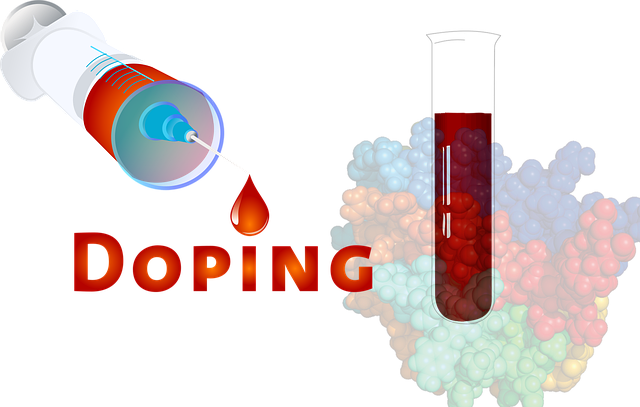The Kidney Blood Test UK is a key tool for diagnosing iron levels, assessing ferritin—a protein managing body iron distribution. Normal ferritin ranges (12-150 mcg/L) indicate healthy iron stores, while low levels (<12 mcg/L) signal deficiency requiring medical intervention. Elevated ferritin (>300 mcg/L) may suggest chronic inflammation or conditions like hemochromatosis, necessitating a comprehensive healthcare evaluation.
“Discover the power of ferritin level testing as a crucial tool in identifying iron deficiency, a common yet often overlooked health issue. This comprehensive guide explores the significance of understanding ferritin—a protein storing iron in your body. We delve into why the Kidney Blood Test UK is pivotal for accurate diagnosis, offering insights into interpreting results to unlock the secrets of potential iron deficiency. By the end, you’ll grasp how this simple test can significantly impact your overall health.”
- Understanding Ferritin: The Key to Iron Health
- Why Kidney Blood Test UK is Crucial for Diagnosis
- Interpreting Results: Unlocking Iron Deficiency Secrets
Understanding Ferritin: The Key to Iron Health

Ferritin is a protein that plays a crucial role in iron health by storing and regulating this essential mineral within our bodies. Acting as a sort of ‘iron warehouse’, ferritin ensures a balanced supply of iron for various vital functions, including the production of red blood cells and energy metabolism. A simple Kidney Blood Test UK can reveal a lot about your ferritin levels, offering insight into potential iron deficiency or overload.
This test measures the amount of ferritin in your blood, providing a snapshot of your body’s iron storage status. Normal ferritin levels are important for maintaining overall health and well-being. If ferritin levels are low, it could indicate iron deficiency, prompting medical professionals to investigate further and recommend appropriate interventions, such as dietary changes or supplements.
Why Kidney Blood Test UK is Crucial for Diagnosis

In the diagnosis of iron deficiency, the Kidney Blood Test UK plays a pivotal role due to its ability to provide comprehensive insights into a patient’s overall iron status. Unlike other blood tests that primarily focus on haemoglobin levels, this test delves deeper by measuring ferritin, a protein that stores and regulates iron in the body. Ferritin levels are a crucial indicator of both iron deficiency and overload, making it an essential marker for healthcare professionals.
The Kidney Blood Test UK offers a more accurate assessment by considering not just the presence of iron but also how well the body is utilizing it. This is particularly important because iron deficiency can be subtle and often goes unnoticed, even when symptoms like fatigue and weakness are present. By incorporating this test into diagnostic routines, healthcare providers in the UK can ensure timely intervention and effective management of iron-related disorders, thereby improving overall patient outcomes.
Interpreting Results: Unlocking Iron Deficiency Secrets

Interpretation of ferritin levels is key to unravelling iron deficiency mysteries.
A kidney blood test UK, measuring ferritin, provides valuable insights into your body’s iron stores. Normal ferritin levels typically range from 12-150 micrograms per litre (mcg/L). Levels below 12 mcg/L consistently suggest iron deficiency, indicating insufficient iron reserves. While elevated ferritin (above 300 mcg/L) can signal chronic inflammation or conditions like hemochromatosis, it’s not always indicative of iron deficiency alone. A healthcare professional will consider these results in conjunction with other tests and symptoms to make an accurate diagnosis.
Ferritin level testing, facilitated by reliable services like Kidney Blood Test UK, is a powerful tool in identifying iron deficiency. By understanding ferritin’s role in iron storage and interpreting test results accurately, healthcare professionals can effectively diagnose and address this common nutritional issue. The Kidney Blood Test UK plays a crucial part in navigating these secrets, enabling prompt and appropriate treatment for those suffering from iron deficiency.
